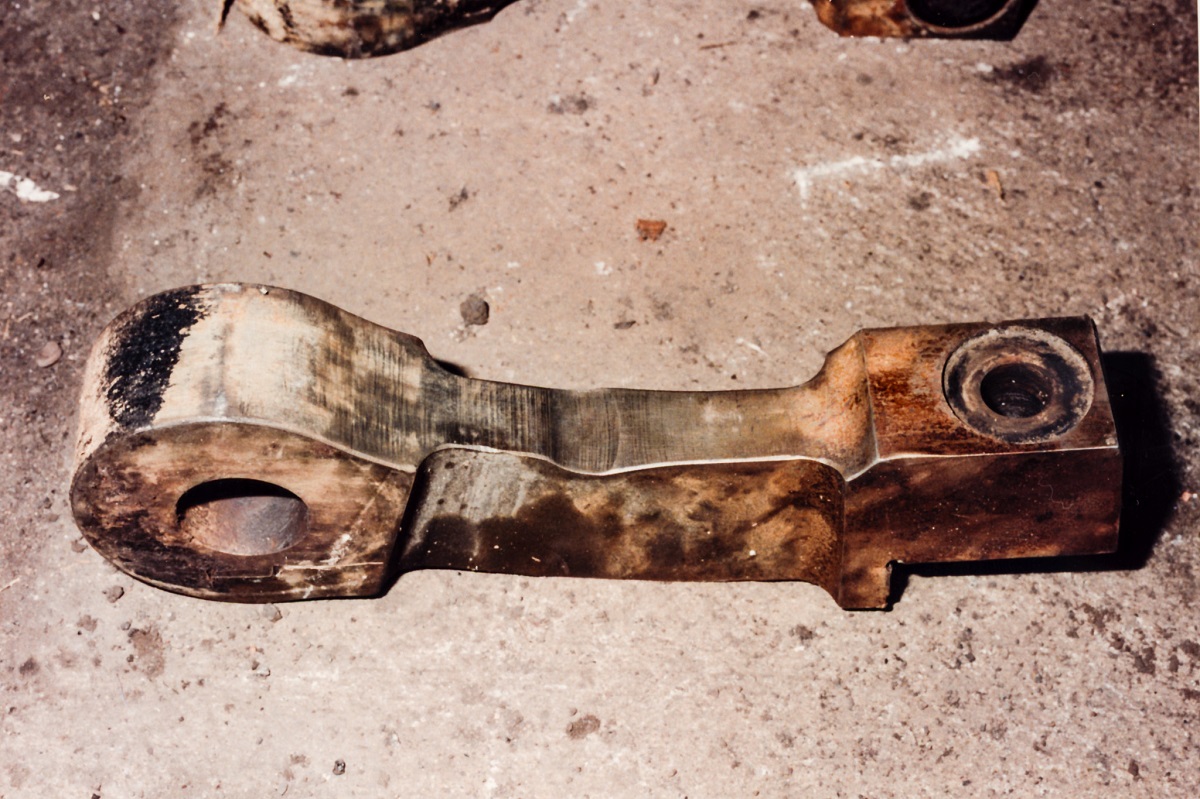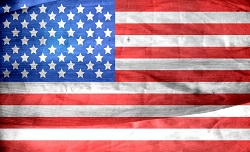As April approaches, ISRI is keeping a close eye on how the Biden Administration will handle the tariffs levied under the Trump Administration, including the 25% tariff on a range of items imported from China. This tariff, and the ability to apply for its exemption, is significant to the industry because the list of China-sourced products includes auto shredder wear parts.
These parts are the heart of a shredder, keeping it operating all day long. But as the name suggests, these parts need to be replaced almost daily, so having them in bulk supply is vital for U.S. recyclers. ISRI members operate two-thirds of the 330 shredders in the U.S., says Adina Renee Adler, ISRI’s vice president of advocacy. “It’s a significant cost outlay for most of our companies,” she says. “After electricity and labor, it’s probably the third-largest expense for our companies. Putting a 25% import tariff on these parts is a significant hardship.”
When the tariffs were first imposed in 2018, ISRI and several member companies submitted applications for exclusion from the tariff. They had to demonstrate that almost 100% of the product was sourced from China and that they could not source the parts domestically or from other countries. Since three of the companies received approval, all importers were granted an exemption as long as they followed certain guidelines set out by Customs & Border Protection.
The exemption was granted April 18, 2019, and in 2020, the government allowed companies and organizations to request continuation of the exemption for one year, which was granted to all those that requested it.
As April 18, 2021, looms nearer, the Biden Administration hasn’t yet signaled how it will handle the tariffs levied by the previous administration or how they will proceed with an exemption process, says Adler. “Once the second exemption expires, companies will begin to pay the 25% import tariff on wear parts,” she says.
ISRI has already reached out to staff at the Office of the United States Trade Representative (USTR) on the matter. The USTR staff were also unsure about the Administration’s plans for the tariffs and potential exemption process, but there’s hope on the horizon. On March 17, Katherine Tai was confirmed as the new U.S. trade representative, and she was sworn in March 18. ISRI was aware that things would be uncertain until Tai came onboard, says Adler. “Once [Tai] gets started, [the Biden Administration] can effectively review and decide what to do about the tariff and exemption process,” she says.
As the Administration reviews the tariffs, ISRI hopes shredder wear parts will be removed from the target list, says Adler. If the wear parts remain on the list, “hopefully [the Administration] will have a process for us to get an exemption again,” she says. “We eagerly anticipate the new trade representative as she gets started … and that her role in reviewing the tariff policy will yield some information of what’s coming in the future.”
Stay up to date on political issues affecting recycling by attending Recycling in the 117th Congress, a session that will be held at ISRI2021, ISRI’s virtual convention, from 2:45 p.m. to 3:05 p.m. EDT on Tuesday, April 20. Click here to register for ISRI2021.
Additional Resources












